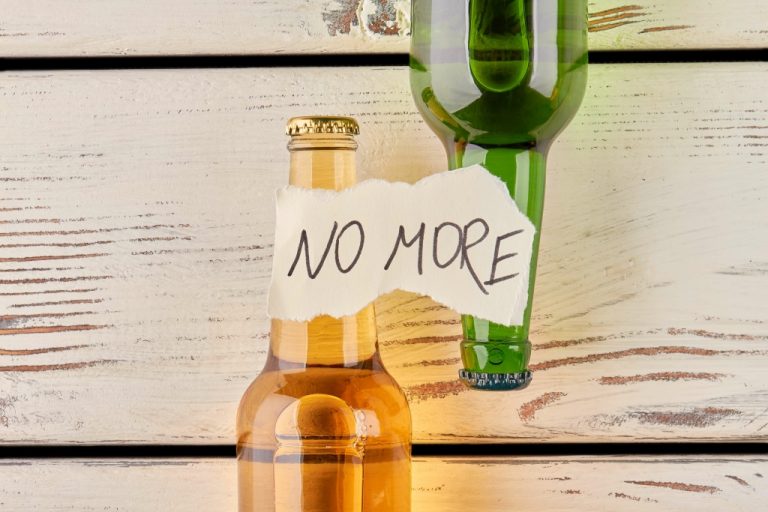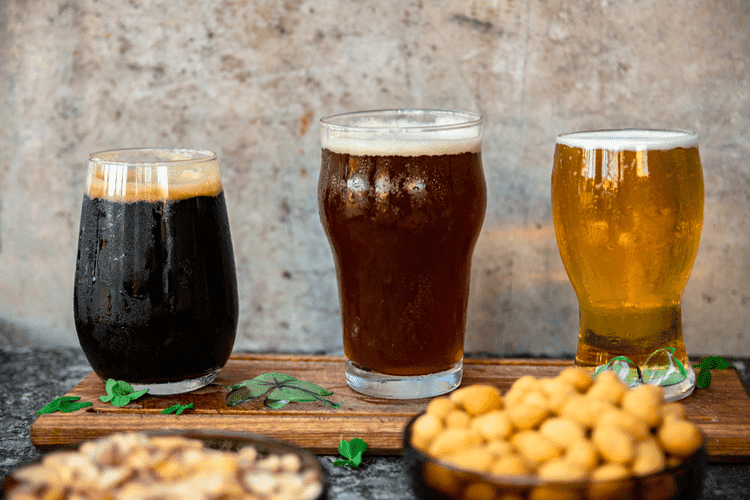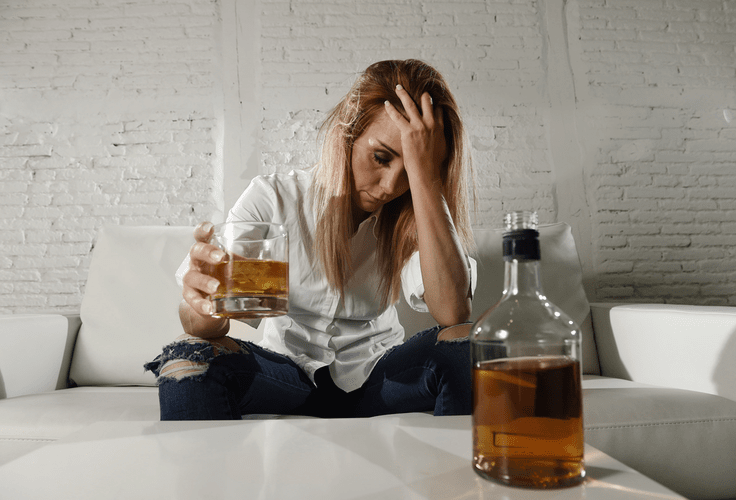With poor-quality sleep, your body and mind will not get an opportunity to fully restore and prepare for another day ahead, leaving you feeling drowsy and irritable. Drinking initially activates the brain’s reward system and releases dopamine with a subsequent feel-good, stimulating effect. You may, in turn, continue drinking more alcohol, believing you’ll Alcoholics Anonymous get more of a good thing.
Treatment is Available
- They’ll also teach you about the skills and resources you need to relieve anxiety in healthy ways.
- Where the borders lie, and how exactly these depressions differ from each other, remains murky and controversial.
- This is often the case with co-occurring mental health and substance abuse issues.
- At the very least, addressing feelings of depression will be easier if you don’t have to worry about physical and mental issues.
- Psychotherapy, such as cognitive-behavioral therapy (CBT), can help individuals understand and change their thought patterns and behaviors related to both depression and alcohol use.
If you’re in recovery, and depression is a drinking trigger for you, this can make things especially difficult. Your system will eventually recover, but it can be helpful to have long-term support. Other research has demonstrated a prospective relationship between depression and heavy alcohol use. For example, Aalto-Setala, Marttunen, Tuulio-Henriksson, Poikolainen, and Lonnqvist (2002) found that depressive symptoms among high school students predicted problem drinking in early adulthood.

Beyond Traditional Treatment: Equine, Art, and Ocean Therapy

Selective serotonin reuptake inhibitors (SSRIs) are among the most popular, and often help to lift a person’s mood. And if you already struggle with depression, alcohol can aggravate that underlying condition. Loved ones play a pivotal role by offering encouragement without enabling destructive behaviors. Understanding the challenges faced helps break stigma around seeking help early before conditions worsen drastically. Support groups such as Alcoholics Anonymous combined with mental health support provide community reinforcement essential for long-term success.

#2: Sleep Disturbances
It can get worse over time, especially when combined with regular or heavy alcohol use. It’s more likely to worsen negative mood states, along with physical health. Now that you’ve got the basics, it’s time to explore 10 specific ways drinking can worsen depression. When you read what follows, try to examine the material does alcohol make depression worse free of judgment. In the context of what we are exploring here, it’s when a person drinks alcohol with the goal of medicating their feelings. Alcohol acts as a sedative, providing temporary relaxation and euphoria by increasing dopamine levels.
